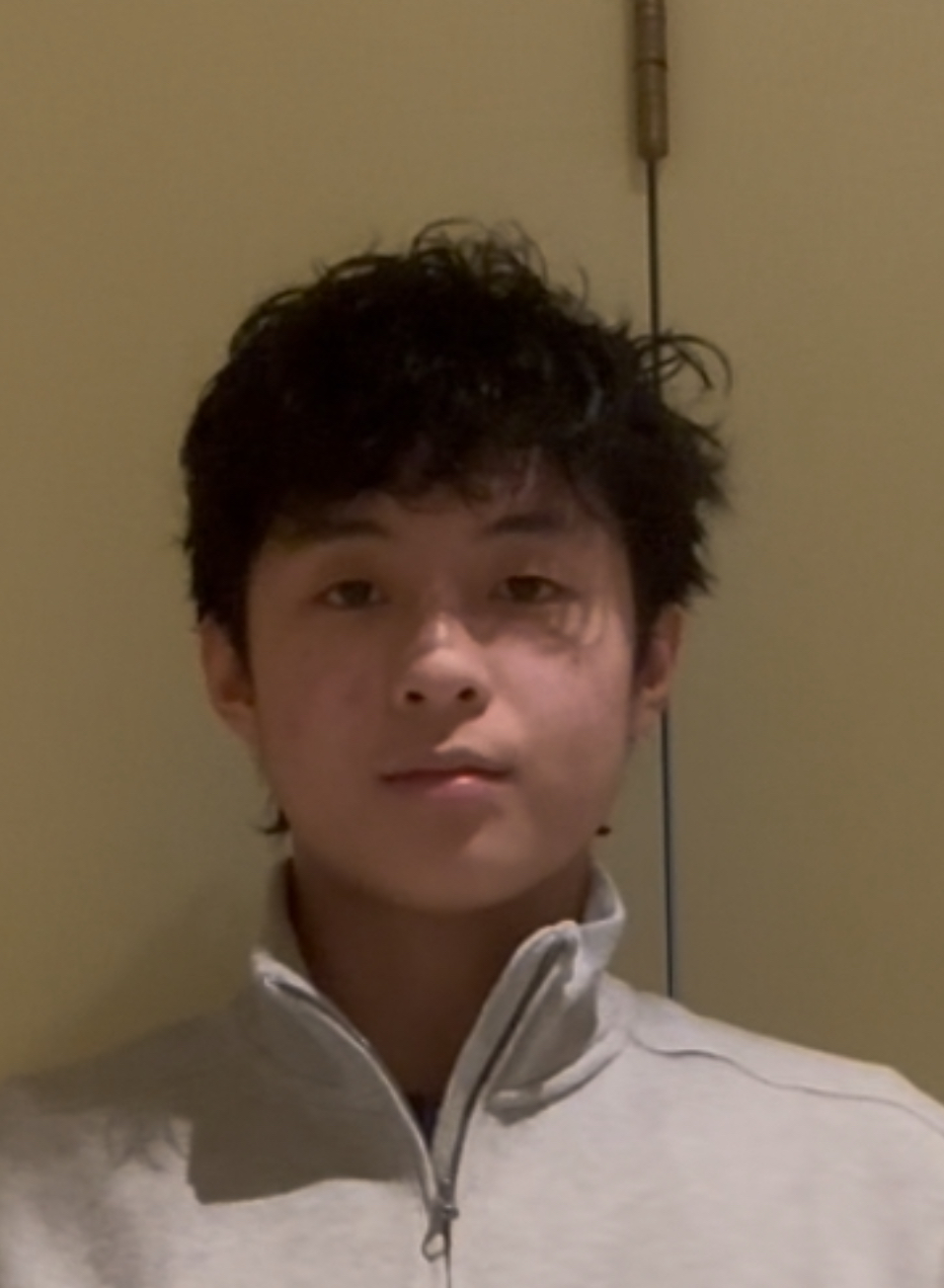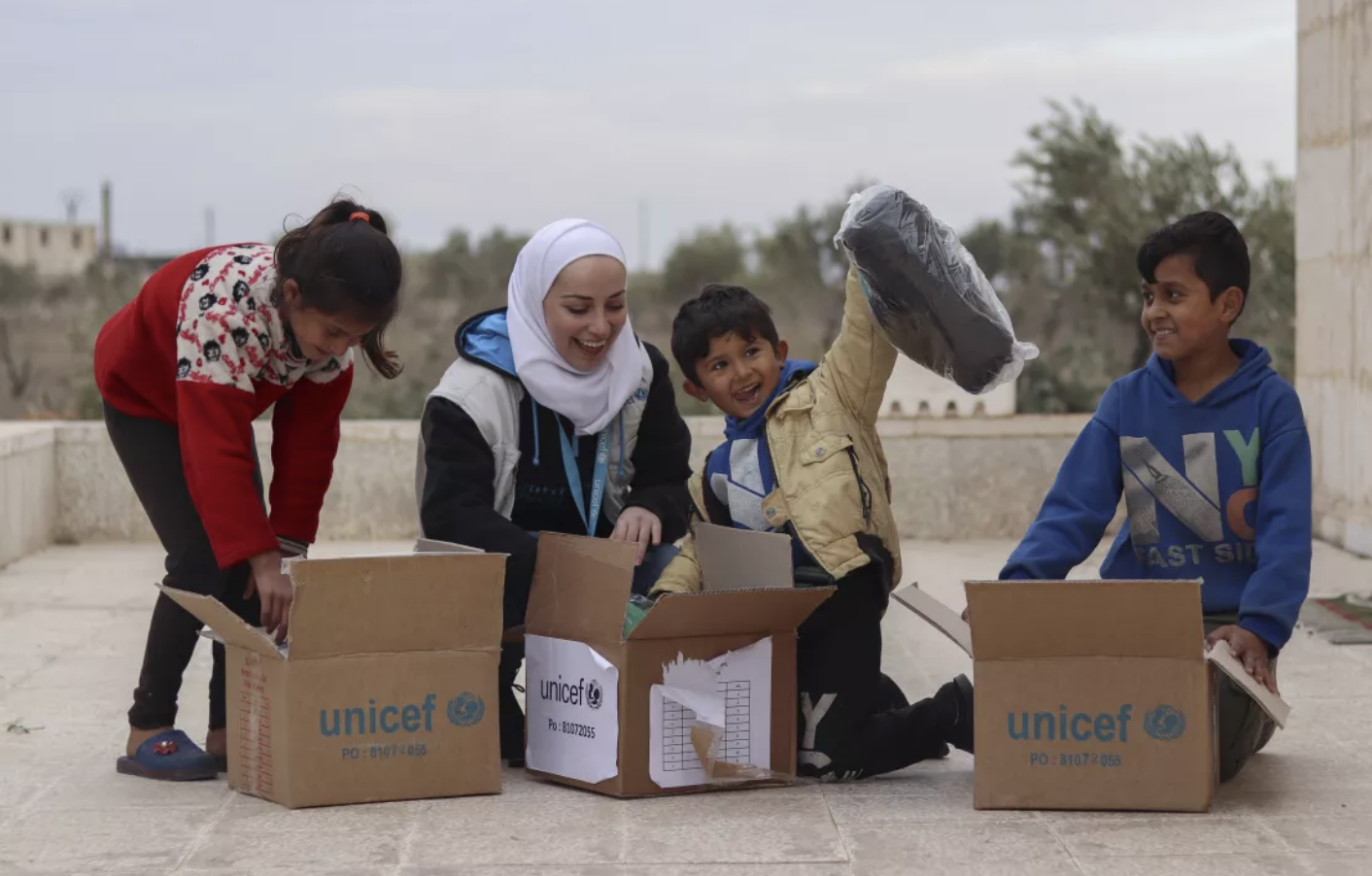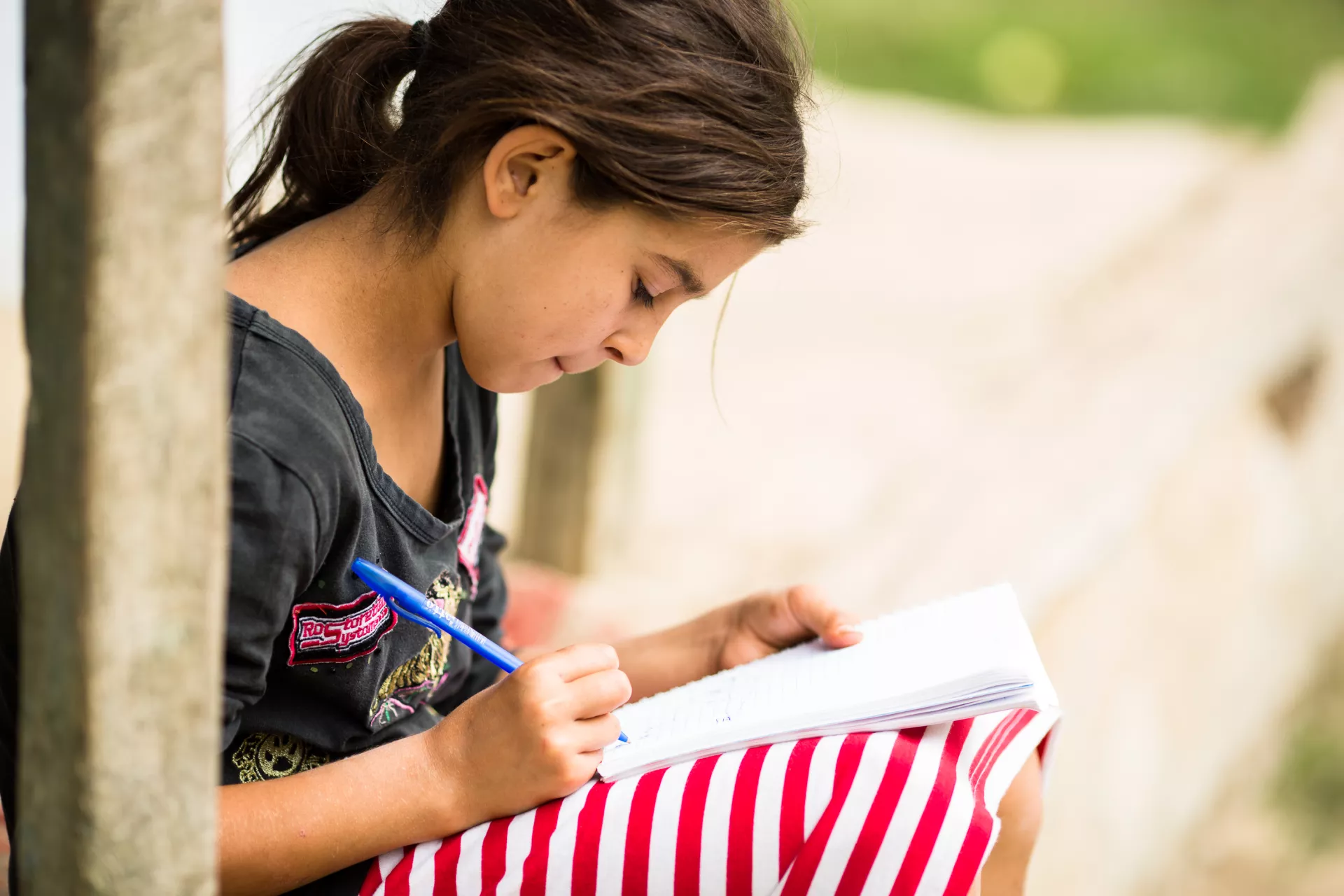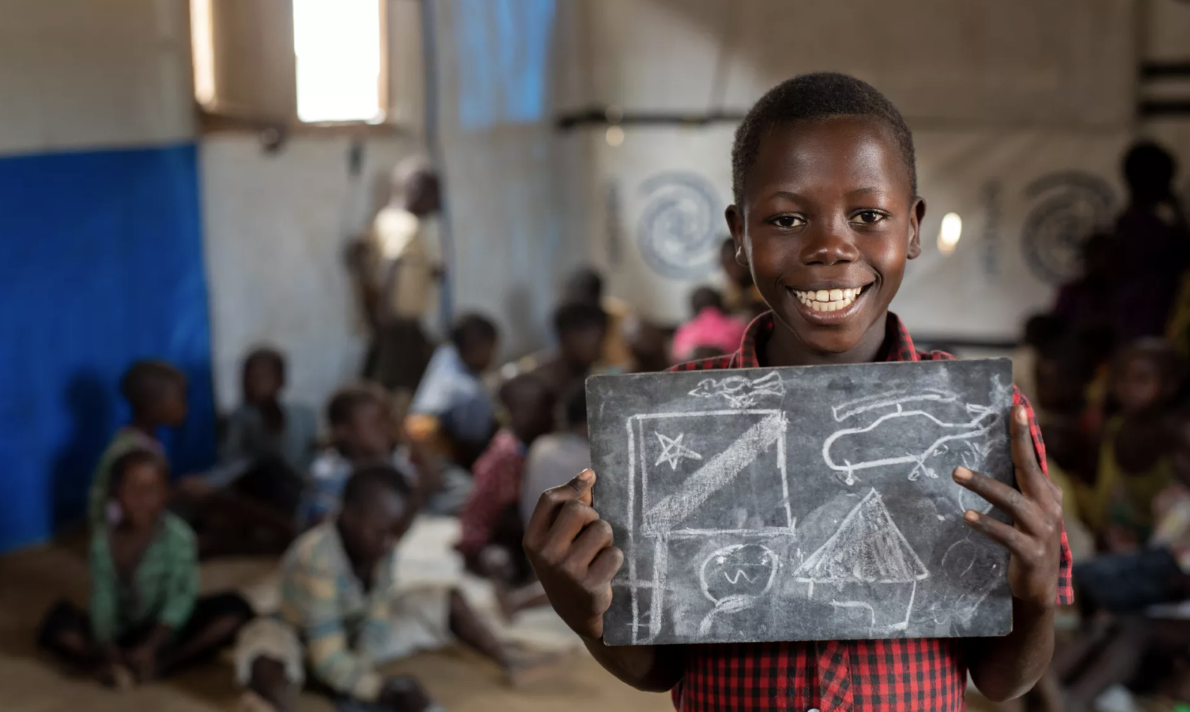Taps, Toilets, and Transformation
How UNICEF is Bringing Clean Water to Classrooms in Madagascar
In the heart of rural Madagascar, a child's journey to education often begins with a long walk—not to school, but to fetch water. For thousands of children, lack of access to clean water and proper toilets in schools creates a daily health hazard, a barrier to learning, and an obstacle to gender equality. UNICEF is tackling this challenge head-on through its WASH in Schools (WinS) initiative—bringing dignity, safety, and hope into classrooms, one tap at a time.
Why Madagascar?
One of the Most Water-Scarce Countries
Madagascar is one of the most water-scarce countries in the world, with over 50% of primary schools lacking basic water services and 70% without handwashing facilities. This water crisis impacts over 3.5 million school-aged children.
📊 DISPROPORTIONATE IMPACT
This disproportionately affects girls, who often drop out when they begin menstruating due to lack of privacy and hygiene facilities.
UNICEF's WASH in Schools Program
Creating Child-Friendly, Sustainable Environments
UNICEF's WinS program in Madagascar is designed not just to install taps and toilets, but to create child-friendly, sustainable environments where hygiene is taught, practiced, and normalized.
Infrastructure
Construction of clean water points, handwashing stations, and latrines
MHM Support
Menstrual hygiene management kits and training for adolescent girls
Education
Health and hygiene education integrated into school curricula
Community
Community involvement in maintaining and protecting facilities
2025 Achievements in Rural Madagascar
Transforming Schools Across the Island
UNICEF's comprehensive approach has yielded remarkable results across rural Madagascar, creating lasting change in communities where water was once a luxury.
🎯 SUSTAINABILITY SUCCESS
85% of facilities are still operational after 3 years—thanks to local maintenance training and community ownership programs.
Before, we used to go in the bush. Now we have clean toilets, and I can come to school every day—even when I have my period.
— Mialy, 13, Student at a UNICEF-supported school in Fianarantsoa
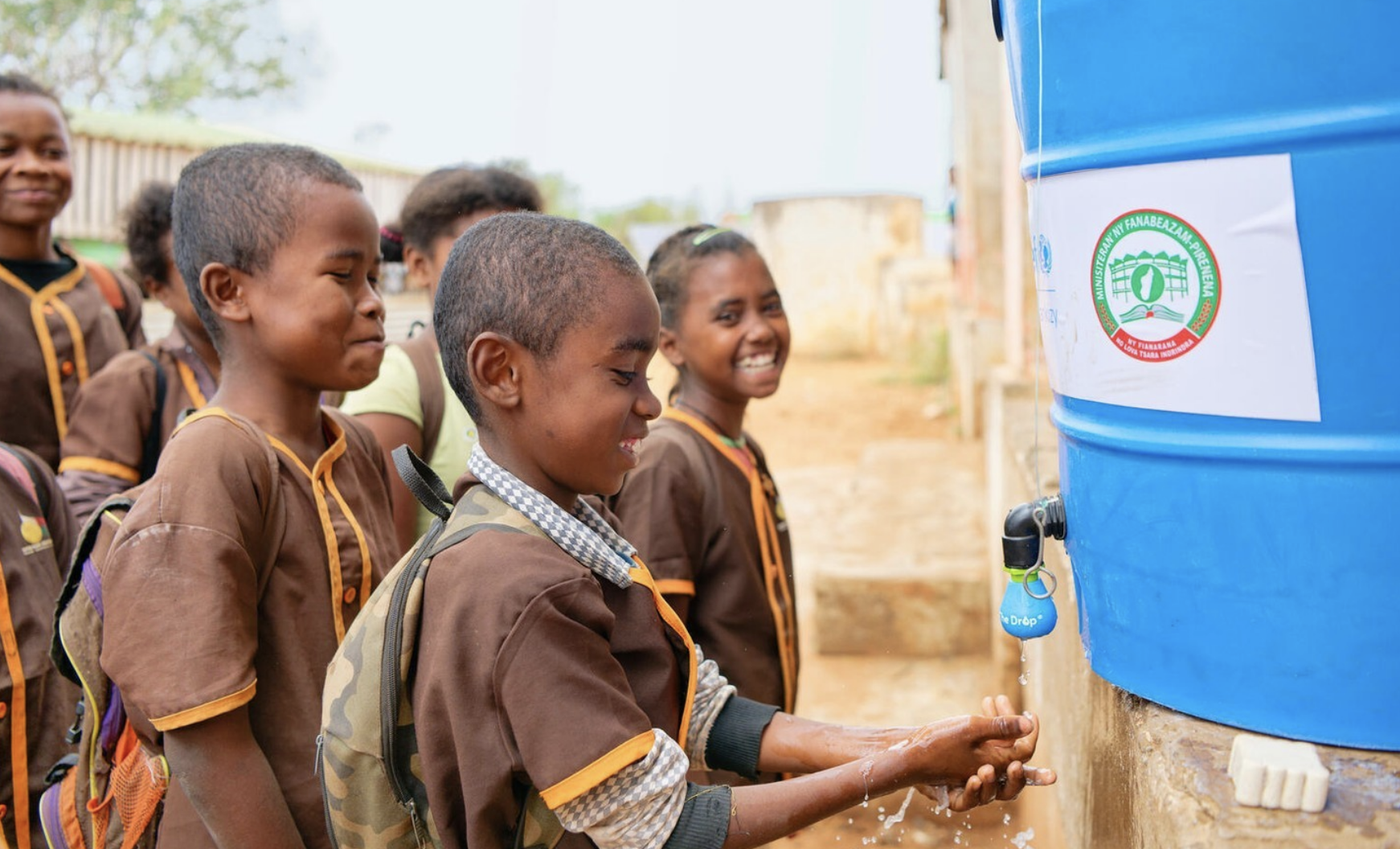
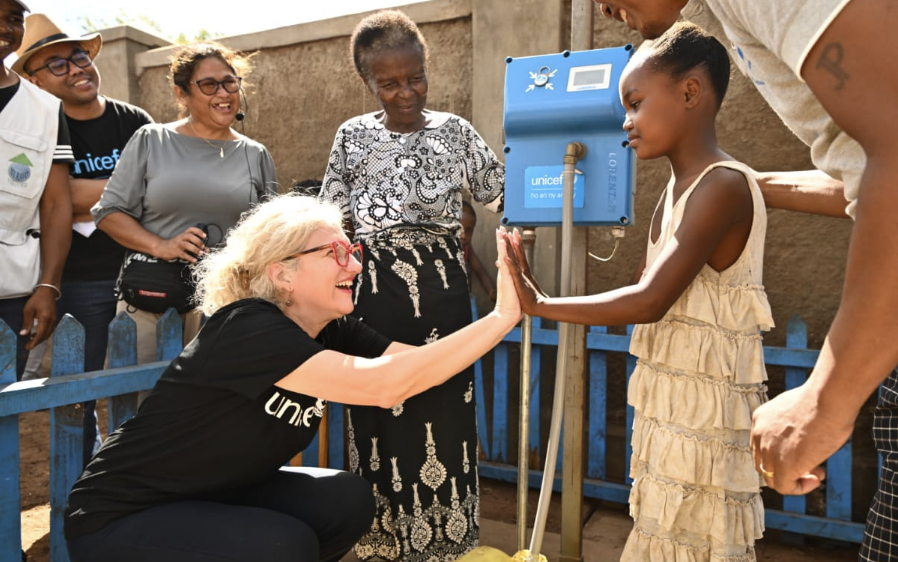
Why This Matters—Especially for Girls
Breaking Barriers to Education
When schools lack toilets or water, girls are the first to suffer. They miss school during menstruation, face embarrassment, and are more likely to drop out permanently. Access to WASH isn't just a health issue—it's about equality, empowerment, and educational opportunity.
Attendance Crisis
Girls miss 5+ days of school monthly during menstruation
Dropout Risk
Higher likelihood of permanent school abandonment
Safety Concerns
Lack of privacy creates vulnerability and embarrassment
Gender Inequality
Perpetuates educational and economic disparities
The Ripple Effect of WASH in Schools
Beyond the Classroom Walls
UNICEF's WASH efforts in Madagascar aren't just changing schools—they're changing mindsets, habits, and futures. The impact extends far beyond the classroom, creating waves of positive change throughout entire communities.
Higher Attendance
Especially for girls during menstruation
Fewer Illnesses
Reduced diarrhea and worm infections
Better Performance
Improved focus and academic results
Community Impact
Students bring hygiene knowledge home
How You Can Help
Every contribution makes a difference in bringing clean water and dignity to Madagascar's classrooms. Join us in transforming education through WASH.
Final Thought
In rural Madagascar, UNICEF is proving that sometimes, the most powerful tool in education isn't a textbook—it's a working tap.
